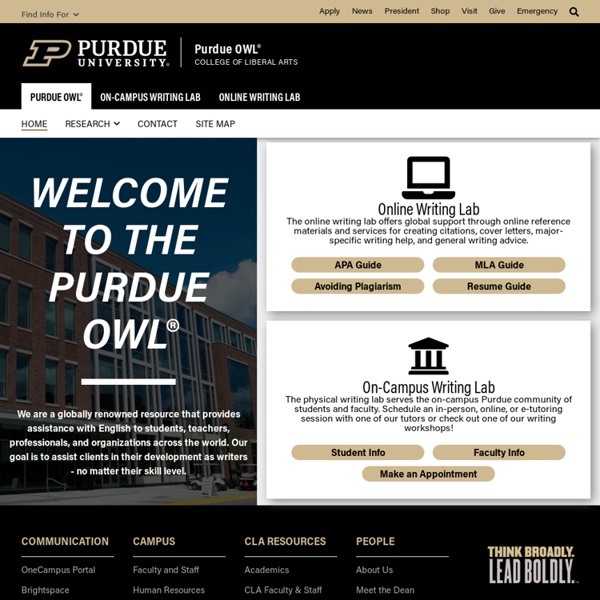



Quality Criteria for Website Excellence - World Best Website Awards Quality Criteria for Website Excellence World Best Website Awards Websites are evaluated using a 100 factor scoring system. Stars are allocated according to the total score received. STAR 1 - Functionality (20%) Accessibility 001. breadth of browser compatibility 002. minimum & maximum monitor resolutions 003. plain text/HTML alternate entry paths 004. appeal to universal audience - multilingual translations, cultural sensitivity, disability access & services Speed & Bandwidth Sensitivity 005. overall page sizes & complexity 006. average download times 007. download order & image redraws 008. wait to first reaction/interaction times HTML Quality 009. clean HTML with no faulty code 010. workability of active x, rollovers, applets, etc. 011. page titles, descriptions, keywords & tags 012. Navigation & Links 013. navigation functionality & clarity 014. link integrity 015. quality & depth of links provided 016. external Vs internal link ratios for access to core information Legality Integration
Helpful Hints to Help You Evaluate the Credibility of Web Resources Anyone, in theory, can publish on the Web; therefore, it is imperative for users of the Web to develop a critical eye to evaluate the credibility of Internet information. Searching for sources on the WWW involves using a search engine, a directory, or some combination of these two. Because there is so much information on the Web, good and bad, finding what you want is not an exact science and can be time consuming. According to Nicholas C. Burbules, "....the Web is not an ordinary reference system; it poses some unique and, in many respects, unprecedented conditions that complicate the task of sorting out dependable from undependable information--and even complicates the notion that we have a clear sense of that distinction. Developing a keen sense of the credibility of sources, based on such clues as connection of author to the subject, audience, source of publication, and documentation of supporting evidence, can also help you evaluate print and other types of sources. 1. 2. 3. 4.
Evaluating Internet Resources How do I evaluate the quality of websites? How can I teach students to evaluate websites? Where can I find checklists for evaluation? Evaluating Internet Resources There's lots of good information on the Internet, but you will also find opinions, misconceptions, and inaccurate information. How do you judge the quality of Internet resources? Read Evaluating Information: An Information Literacy Challenge by MaryAnn Fitzgerald. Do you believe everything you read? Look for what Wikipedia calls the "verifiability" of information. Read Wicked or Wonderful: Revisiting Wikipedia by Annette Lamb. Misleading Websites Some websites were designed to be intentionally misleading. Read How to Spot a Fake Website by Garen Arnold (2009). Use the following websites to explore the issue of Internet content. Fake news has become a popular form of satire. The Onion The Daily Show from Comedy Central Colbert Report from Comedy Central A few websites are addressing the issue of misleading information. Try it!
Web Research Guide : Criteria for Evaluating Web Sites 1. Who wrote/published the information on the site? Because anyone can publish on the Web, it's important that you first identify the source—the author of the information on the site. Ask yourself: Who is the author/publisher? 2. The information you find on a Web site does not necessarily pass through the hands of editors, fact-checkers, or reviewers, so it's up to you to determine the value of the site's content and presentation. Content What is the site's purpose: to persuade, inform, or entertain? Navigation and Presentation Is the site well organized and easy to navigate? Continue
10 tools to analyze your website Web analysis tools can be used to scrutinize various aspects of your site, in order to gather data for market research, and help to focus you on specific areas of the site. These tools might show you anything from traffic to age demographic, and are invaluable as a part of any Admin’s arsenal, especially since there are so many revolutionary ways nowadays to measure your site statistics, besides the traditional traffic numbers. The sites listed in this article are both free and paid-for, however offer a variety of different tools, some standard, some proprietary. Woorank The excellent Woorank provides an unparalleled service, with both it’s gorgeous interface, ease of use and sheer number of stats it gives you. What makes Woorank really special is its rating system, which it displays at the top of your stats page. Alexa For the demographic side of things, Alexa will tell you the age, education level, browsing location, gender and even whether they have children or not. Compete Piwik CrazyEgg
Five criteria for evaluating Web pages - Atlantic Cape Accuracy of Web Documents Who wrote the page and can you contact him or her?What is the purpose of the document and why was it produced?Is this person qualified to write this document?Authority of Web Documents Who published the document and is it separate from the "Webmaster?" For further information, please view the following Web site:
Teaching Our Students to Evaluate Websites Aug 31 2009 Need some help in teaching your students how to separate the good from the bad when they research topics on the web? One way, of course, is to limit the sites you'll allow them to use and the number of web references they're allowed to cite—perhaps the Library of Congress, the National Archives, a newspaper or two, and a historical society or association. But somewhere along the line, they need to learn to critically evaluate the seemingly limitless information they encounter online, whether it's for school or not. The following sites are a few that offer evaluative standards and materials helpful for the K-12 classroom. Rubrics, videos, and lists Educator Kathy Schrock maintains listings of websites for teachers to enhance curriculum and professional development at Discovery Education. YouTube videos summarize the key elements of website evaluation. Sometimes, there is no good website for a particular topic!